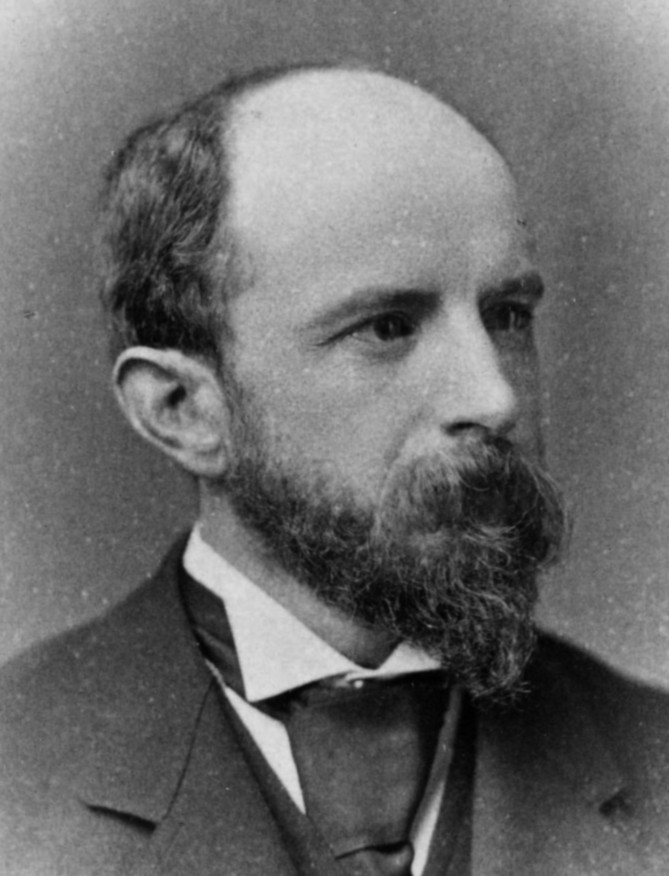“Um professor sempre afeta a eternidade. Ele nunca saberá onde sua influência termina.”
A teacher affects eternity; he can never tell where his influence stops.
The Education of Henry Adams - http://books.google.com/books?id=BO7Ye0b7mekC&pg=PA243 página 243, Por Henry Brooks Adams, Publicado por Forgotten Books ISBN 1606209361, 9781606209363
